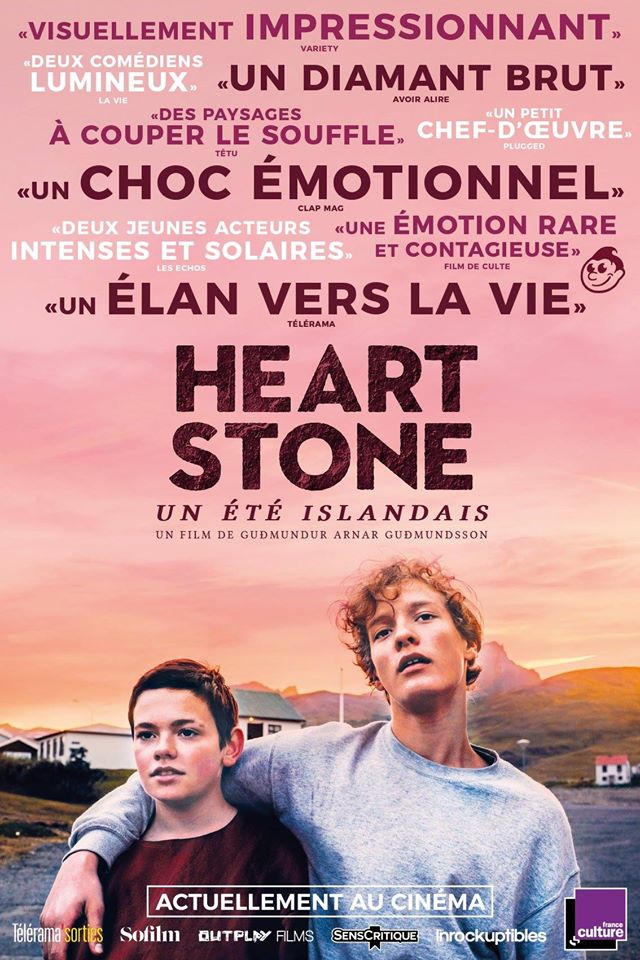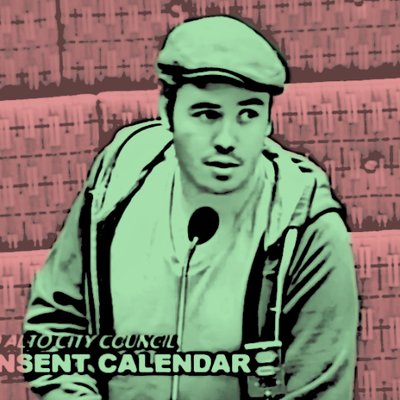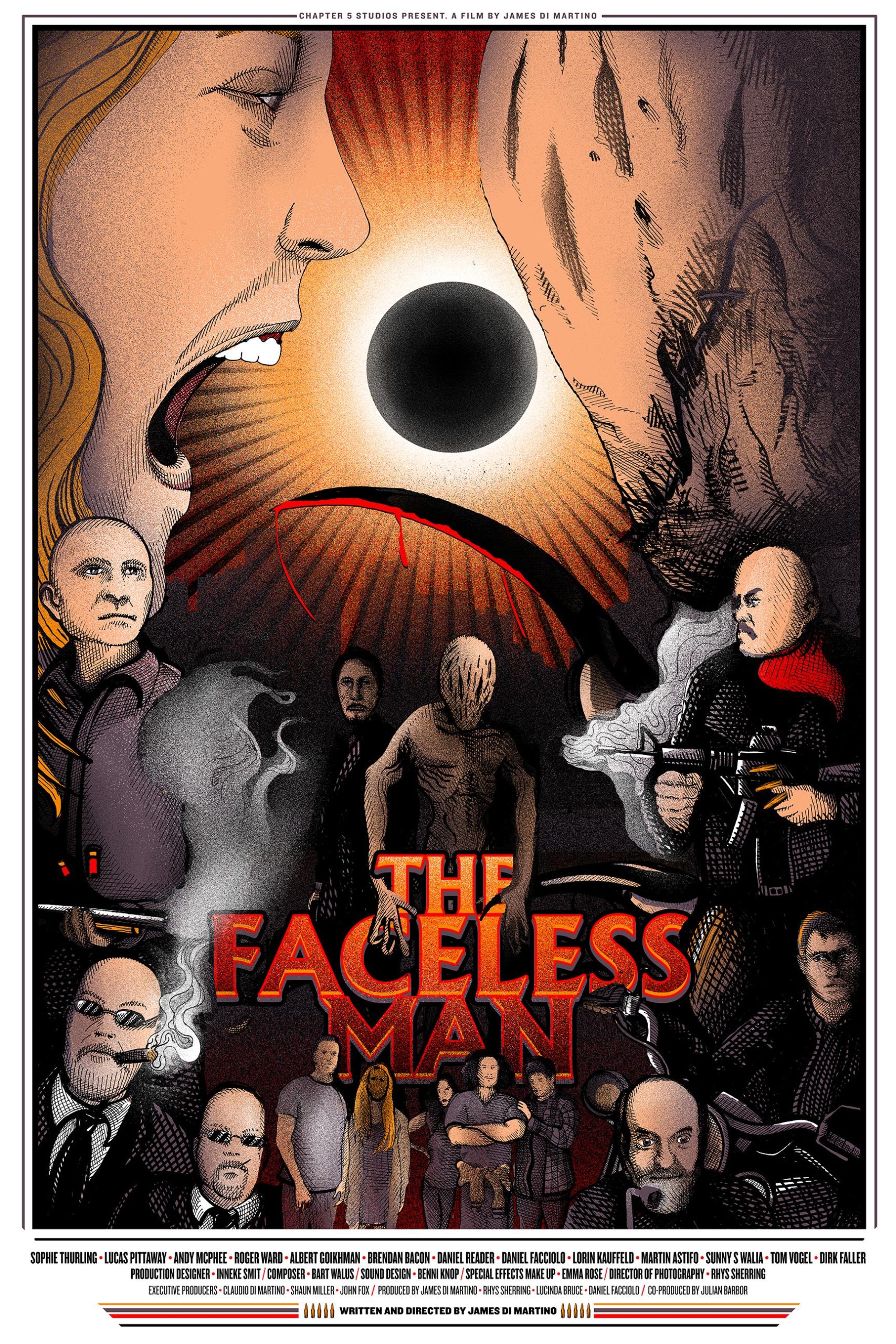Robert Stark talks to Icelandic film director Guðmundur Arnar Guðmundsson about his film Heartstone(Hjartasteinn). Check out the Facebook page for Heartstone.
Topics:
Guðmundur’s long term dream of making the film inspired by a personal story
The importance for the film to be light and funny as well as dramatic
A difficult ending that still has hope
The theme of adolescence
Casting the actors
Heartstone’s screening at the 2016 Toronto International Film Festival and winning the Queer Lion at the 73rd Venice Film Festival
Inspiration from Paul Thomas Anderson’s Magnolia and The Master, and Rob Reiner’s Stand by Me
Film locations in remote parts of Iceland
Safety guards from Game of Thrones who helped with the cliff climbing scene
Guðmundur’s film Ártún
The Icelandic Film Industry
Upcoming film project about misfit youth
Click Here to download!
Checkout Robert Stark’s Facebook page, Twitter, Instagram, Stark Truth TV, and novel Journey to Vapor Island









